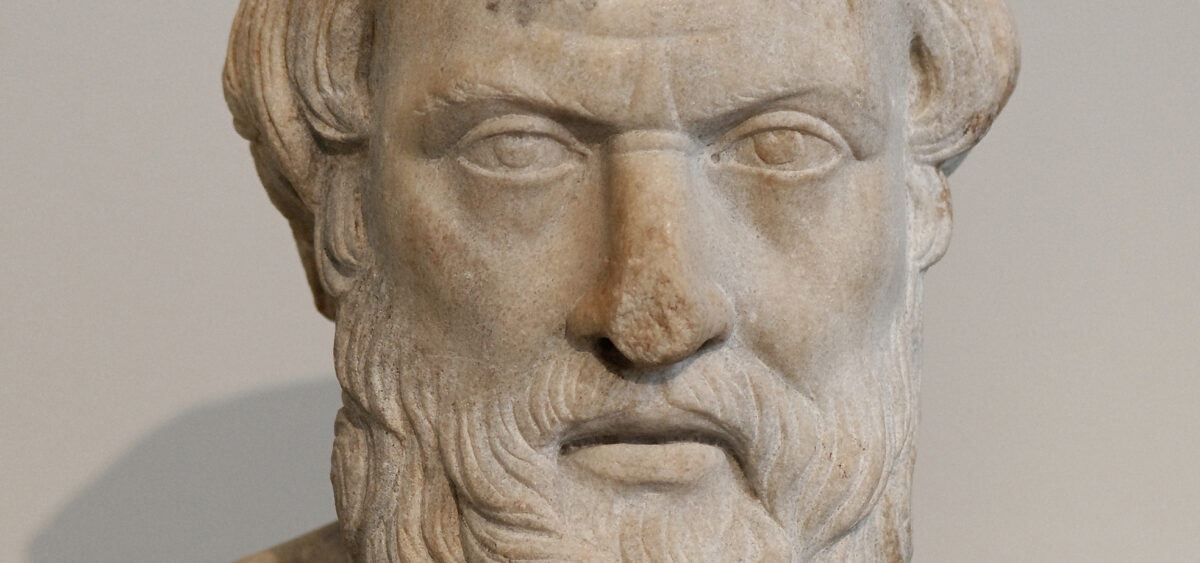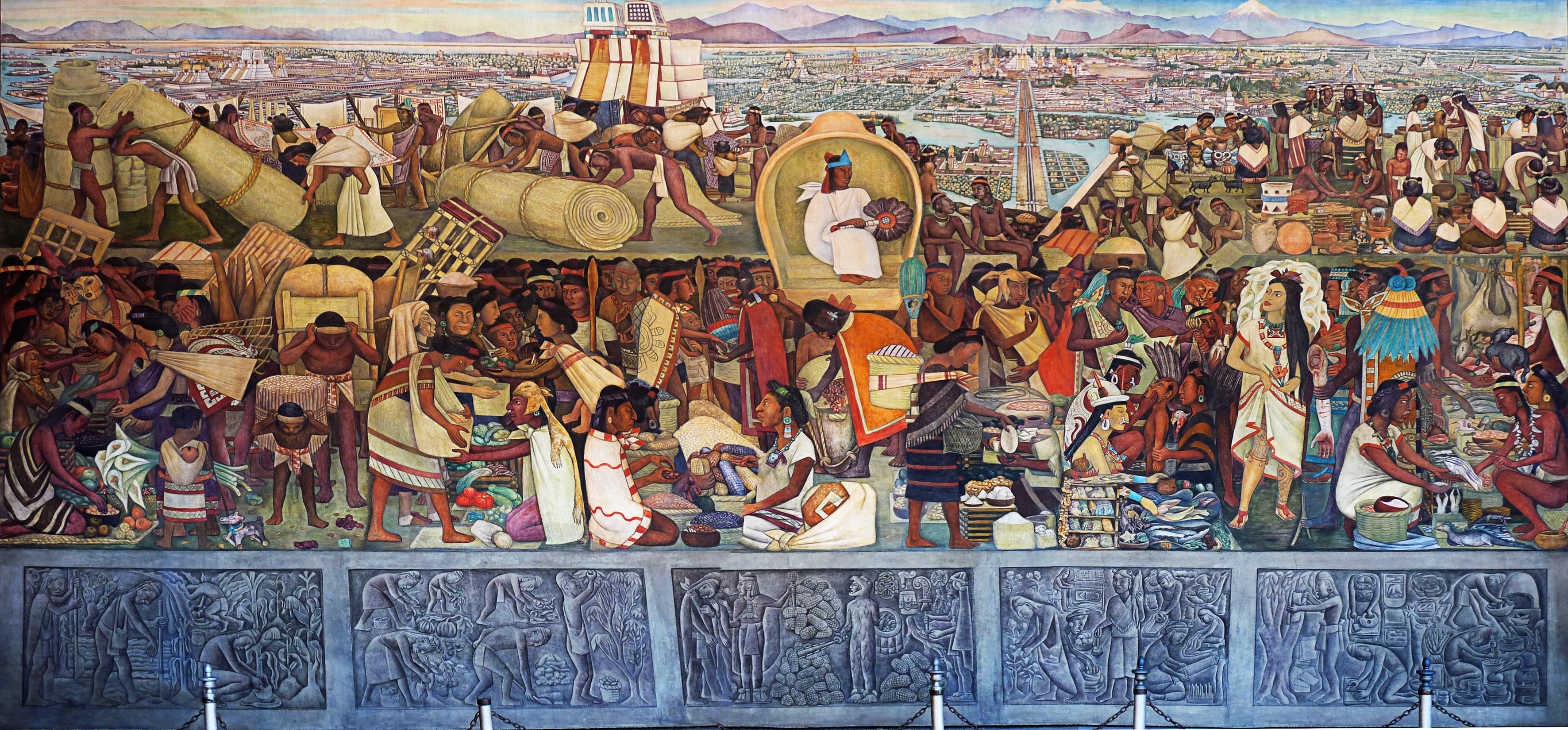The sentimental depiction of the discovery of the New World as a great adventure is one of the biggest lies in human history. This is why it should come as no surprise that statues of Columbus and Cortés are being toppled. During just the first 50 years of colonization, the Indigenous populations of the Americas were reduced by 90%.
In his book Tristes Tropiques (Sad Tropics), Claude Lévi-Strauss rightly observes that the first encounter between Europeans and the Indigenous peoples of America should be considered the greatest adventure in the history of humankind, which is rather unlikely to be measured up to unless some alien civilization pays us a visit someday. It must have been a breathtaking experience to see for the first time the jungle, paradisical coastlines, volcanoes, animals that brought to mind mythology, cities with large markets, and people speaking languages unknown to the colonizers. When Bernal Díaz del Castillo – one of the foremost chroniclers of the conquest – first saw Tenochtitlán, the capital of the Aztec Empire, he thought he was dreaming. During the second and third expedition, Columbus observed his new surroundings so intensely that his eyes would bleed.






